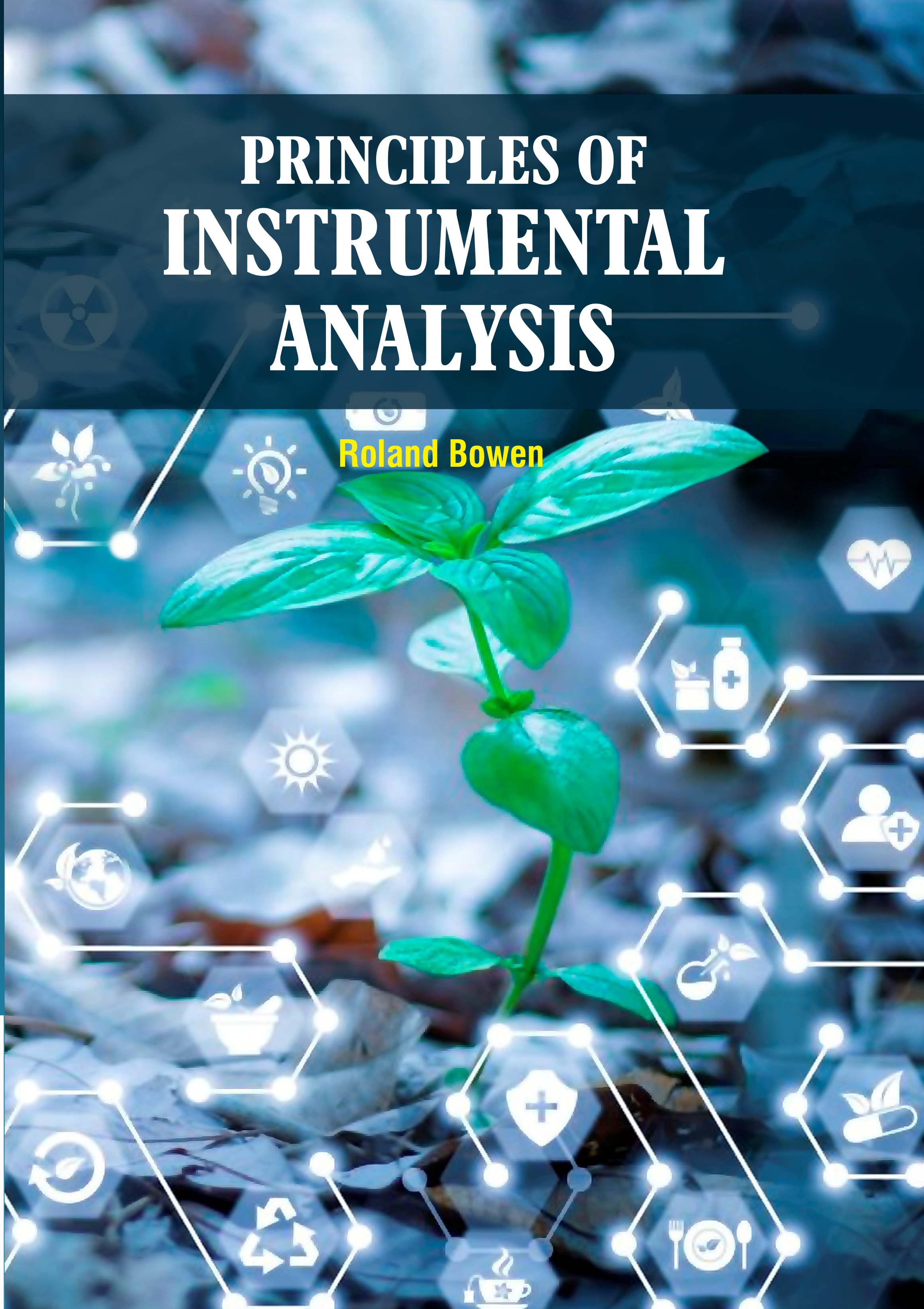
Principles of Instrumental Analysis
by Roland Bowen
| ISBN | 9789372429565 |
|---|---|
| Publisher | Digital Drive Learning |
| Copyright Year | 2026 |
| Price | $262.00 |

by Roland Bowen
| ISBN | 9789372429565 |
|---|---|
| Publisher | Digital Drive Learning |
| Copyright Year | 2026 |
| Price | $262.00 |
Instrumental analysis is a field of analytical chemistry that investigates analytes using scientific instruments. Block diagram of an analytical instrument showing the stimulus and measurement of response. The majority of the classical analytical methods rely on chemical reactions to perform an analysis. In contrast, instrumental methods typically depend on the measurement of a physical property of the analyte. In atomic force microscopy (AFM), a probe consisting of a sharp tip (nominal tip radius on the order of 10 nm) located near the end of a cantilever beam is raster scanned across the sample surface using piezoelectric scanners. Changes in the tip-sample interaction are often monitored using an optical lever detection system, in which a laser beam is reflected off of the cantilever and onto a position- sensitive photodiode. Analytical chemistry studies and uses instruments and methods used to separate, identify, and quantify matter. In practice separation, identification or quantification may constitute the entire analysis or be combined with another method. Separation isolates analytes. Qualitative analysis identifies analytes, while quantitative analysis determines the numerical amount or concentration. Measurements are made using appropriate equipment or instruments. The array of equipment and instrumentation used in analytical chemistry is impressive, ranging from the simple and inexpensive, to the complex and costly. This book is ideal for readers who need a knowledge of special techniques in order to use instrumental methods to conduct their own analytical tasks.